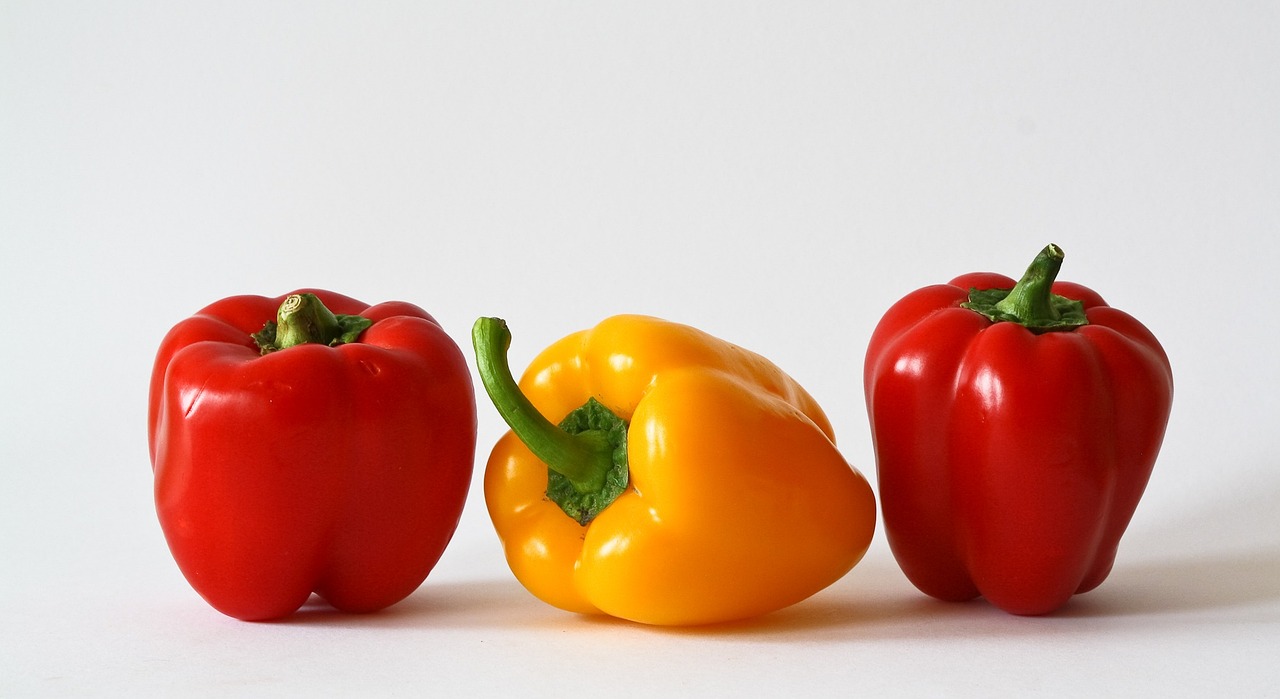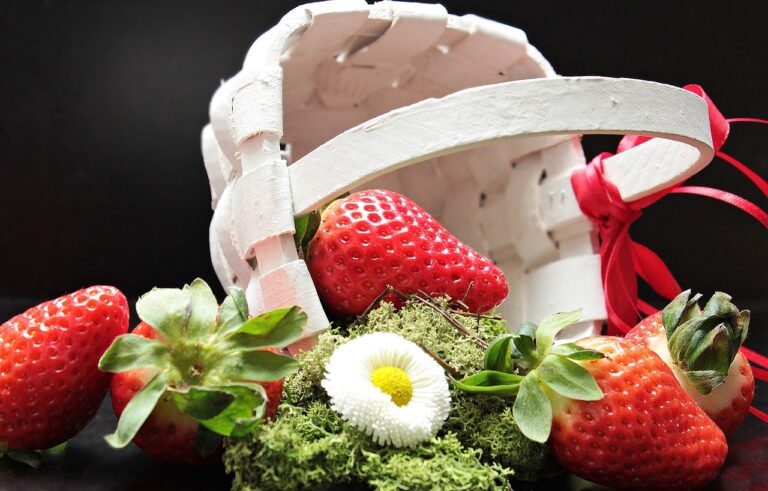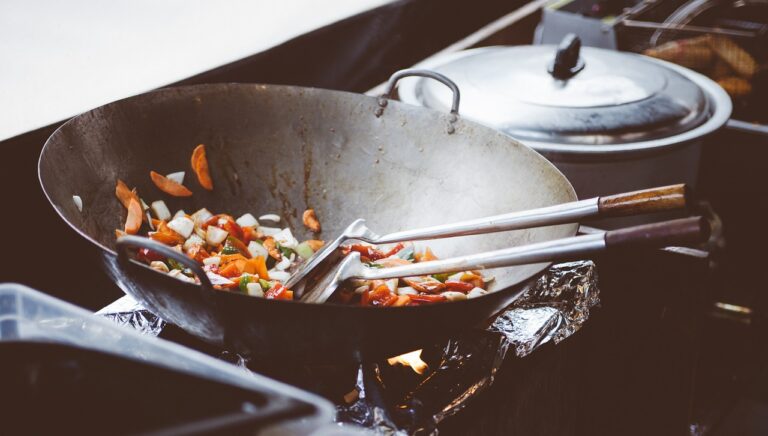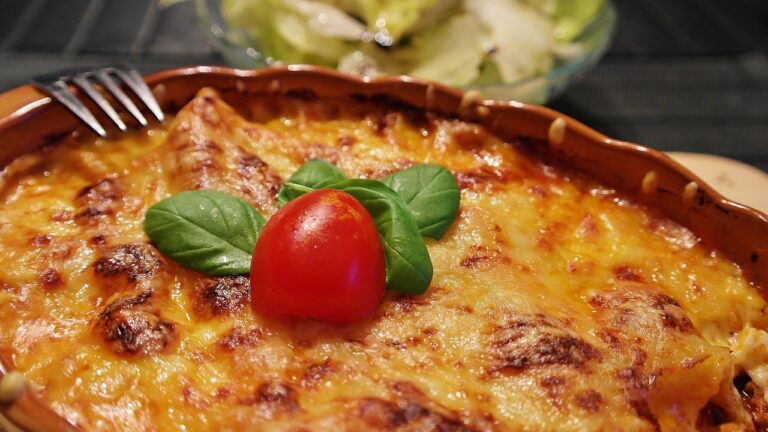The Science of Aging Spirits: How Time and Environment Impact Flavor
diamondexch9, sky99exch com login, reddy club:The Science of Aging Spirits: How Time and Environment Impact Flavor
Have you ever wondered why a 12-year-old Scotch tastes so much better than a 5-year-old one? Or why whiskey aged in Scotland tastes different from the same distillery’s whiskey aged in a different country? The answer lies in the science of aging spirits. Time and environment play crucial roles in developing the unique flavors and characteristics of spirits, such as whiskey, rum, and tequila. In this article, we’ll dive into the fascinating world of spirit aging and explore how these factors impact flavor.
The Aging Process
Before we get into the nitty-gritty details of how time and environment impact flavor, let’s first understand the basics of the aging process. When spirits are aged in barrels or casks, they undergo a series of chemical reactions that transform their flavors and aromas. The interaction between the spirit and the wood of the barrel is what gives aged spirits their distinct characteristics.
During the aging process, spirits absorb compounds from the wood, such as vanillin, lignin, and tannins. These compounds contribute to the flavor profile of the spirit, adding notes of vanilla, caramel, and spice. Additionally, as the spirit sits in the barrel, it undergoes oxidation, which further enhances its complexity and depth of flavor.
Time: The Magic Ingredient
One of the most critical factors in aging spirits is time. The longer a spirit spends in a barrel, the more time it has to interact with the wood and develop its flavor profile. As spirits age, they become smoother, richer, and more complex. This is why older spirits tend to command higher prices and are often considered more desirable among connoisseurs.
Different types of spirits require different aging times to reach their optimal flavor profiles. For example, whiskey generally takes at least three years to develop its characteristic caramel and oak flavors, while rum may require longer aging periods to achieve a complex and balanced taste.
Environment: The X-Factor
In addition to time, the environment in which a spirit is aged plays a significant role in shaping its flavor. Factors such as temperature, humidity, and air quality can all impact how a spirit matures in the barrel. For example, spirits aged in colder climates tend to age more slowly, allowing for a more gradual extraction of flavors from the wood. On the other hand, spirits aged in hot and humid climates may mature more quickly, resulting in intense and bold flavors.
Different countries and regions have their own unique climates, which can influence the flavor profile of spirits aged there. For instance, Scotch whiskey aged in the cool and damp climate of Scotland develops a distinct peaty and smoky flavor, while bourbon aged in the hot and humid climate of Kentucky tends to have sweeter and spicier notes.
FAQs
Q: Can spirits continue to age after they are bottled?
A: No, once a spirit is bottled, it stops aging. The aging process only occurs when the spirit is in contact with the wood of the barrel.
Q: Are there any ways to speed up the aging process of spirits?
A: While traditional aging methods cannot be rushed, some distilleries use innovative techniques such as accelerated aging using pressure, temperature, and light to speed up the process.
Q: How should I store aged spirits to preserve their flavor?
A: Aged spirits should be stored in a cool, dark place away from direct sunlight and fluctuations in temperature to maintain their optimal flavor profiles.
In conclusion, the science of aging spirits is a complex and fascinating world. Time and environment are key factors that influence the flavor and character of spirits, making each bottle a unique and sought-after treasure. The next time you sip on a glass of aged whiskey or rum, take a moment to appreciate the craftsmanship and expertise that went into creating its exquisite flavor profile. Cheers to the science of aging spirits!







